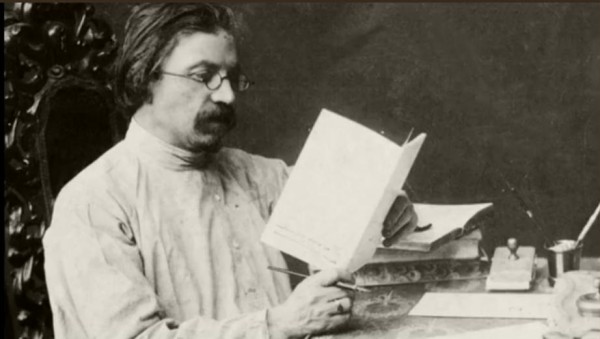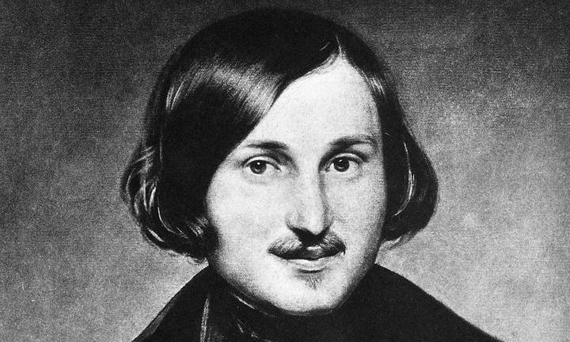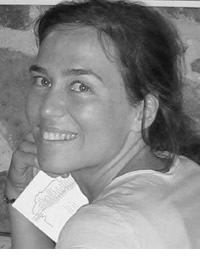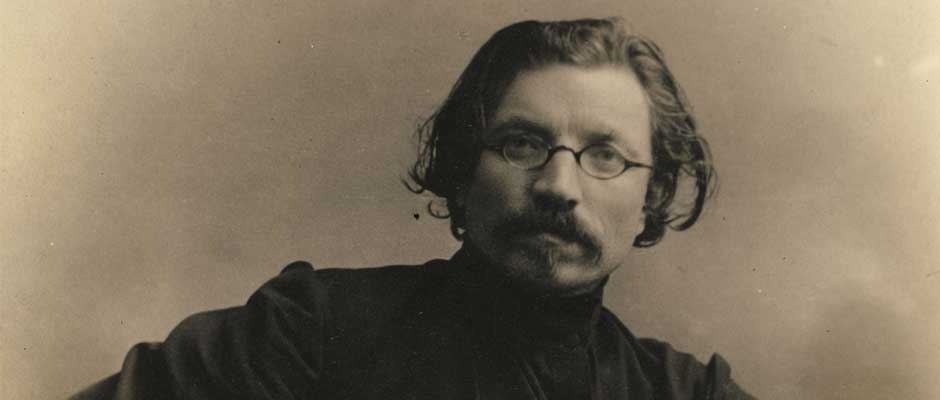A portrait of the Russian novelist Nikolai Gogol (1809-1852) adorned the office of Sholem Aleichem (1859-1916), the renowned Yiddish writer. According to Amelia Glaser, a professor of Russian and comparative literature at the University of California in San Diego, Sholem Aleichem’s attachment to Gogol was anything but surprising.

Sholem Aleichem, whose real name was Sholem Rabinovich, was steeped in the canon of Russian literature when he began writing in Yiddish and considered Gogol a model to be emulated. In this spirit, he re-worked Gogol’s themes for a Jewish audience, said Glaser in a lecture delivered at the University of Toronto on April 17.
Drawing material from her book, Jews and Ukrainians in Russia’s Literary Borderlands: From the Shtetl Fair to the Petersburg Bookshop, published by Northwestern University Press last year, Glaser said that Gogol exerted a major influence on Sholem Aleichem.

From Gogol, he borrowed the setting of an eastern European landscape, the Pale of Settlement, that could unite readers through the power of collective memory.
The Pale of Settlement was an area in czarist Russia to which the vast majority of Jews were confined to live, and from which some two million Jews emigrated between 1881 and 1914. It was abolished by the Bolshevik government in 1917.
From Gogol, Sholem Aleichem also learned the importance of humour, of which he became a master.
Last but not least, some of Sholem Aleichem’s characters were effectively “rewrites” of Gogol’s Jewish characters, she said.
Like many Russians of his era, Gogol was at heart an antisemite. In his novel Taras Bulba, Yankel, a Jew, was portrayed as an untrustworthy and repulsive person. In reshaping Yankel and turning him into Tevye the dairy farmer, if you will, Sholem Aleichem shattered Gogol’s anti-Jewish stereotypes and recast local Russian history from a Jewish perspective.
Although Sholem Aleichem and Gogol were raised in completely different social and religious milieus, they were both born in small towns and immortalized the Ukrainian provinces from which they hailed, Glaser observed.

Glaser’s talk was sponsored by the Department of Germanic Languages and Literature, the Al and Malka Green Program in Yiddish Studies, the Department of Slavic Languages and Literature, the Petro Jacyk Program for the Study of Ukraine and the Mellon Foundation.
